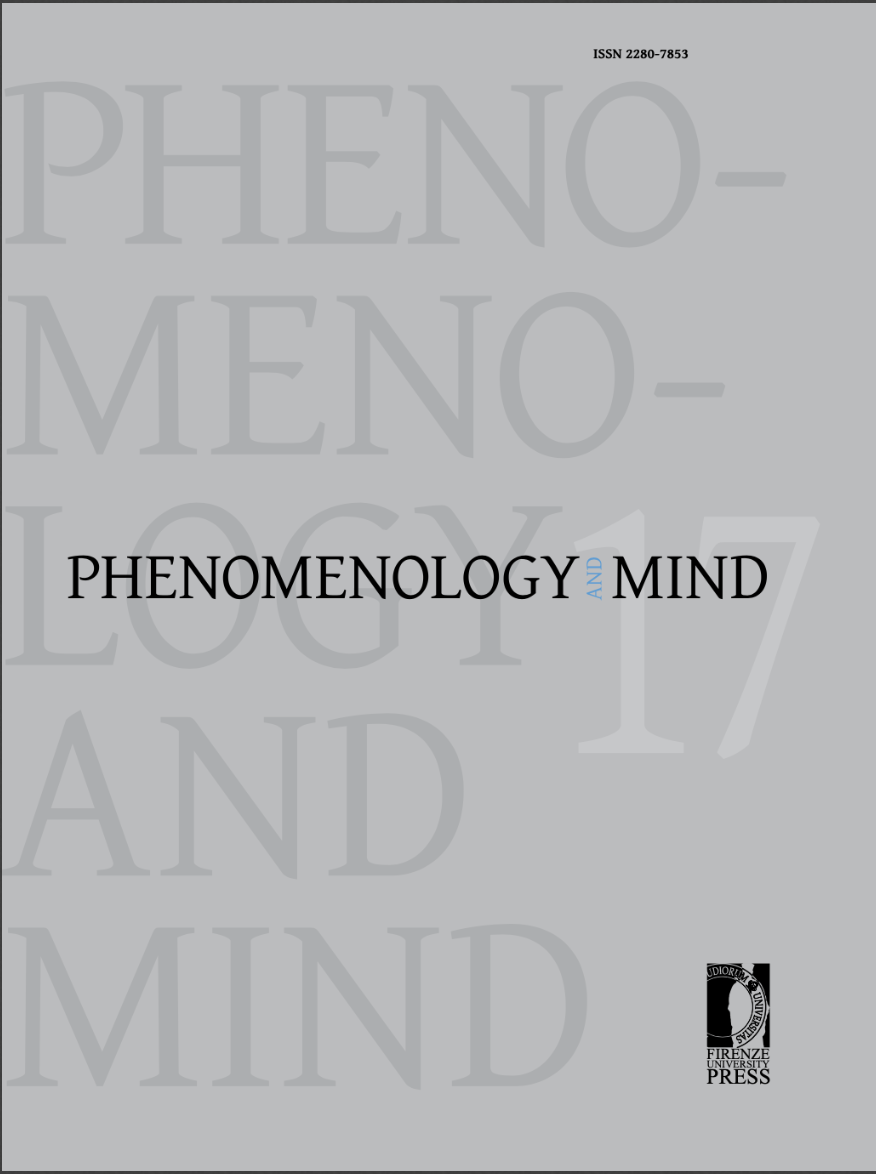Published 2019-03-13
Keywords
- God,
- eternal truth,
- world
How to Cite
Abstract
In this paper I examine Descartes’s thesis of the free creation of eternal truths in conjunction with what he claims to be the divine attributes known by us. Considering the Cartesian claims of God’s simplicity and that eternal truths freely created by God include logical principles as the structure of finite minds, I argue that the Cartesian thesis of the free creation of eternal truths involves: a) God necessarily establishes (and thus creates) within/as himself all essences and truths, including those that to the finite intellect seem impossible; b) While establishing essences and truths, God instantiates (and thus creates) some of what to the finite intellect seems to be non-contradictory essences and truths as innate ideas in actual finite minds, and instantiates at least some of what seems to be non-contradictory essences and truths in the actual physical world and c) While establishing essences and truths, God may have instantiated in the actual world many (or all) of the essences and truths that the finite mind perceives to be contradictory, that is, those whose existence cannot be clearly and distinctly conceived by the finite mind and seem, therefore, impossible.

